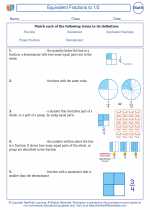Constants
In math, a constant is a number that does not change its value. It stays the same regardless of any other factors. In other words, a constant is a fixed value that remains unchanged in a given context.
For example, in the equation 3 + x = 7, the number 3 is a constant because its value does not change. It always represents the same quantity, regardless of the value of x.
Similarly, in the equation 2 * y = 10, the number 2 is a constant because it always represents the same value, regardless of the value of y.
Constants are important in math because they provide a known and unchanging value that can be used in equations and calculations. They help us solve problems and understand relationships between different quantities.
Understanding constants is an important foundation for learning more advanced math concepts in the future.
Remember, a constant is a number that stays the same and does not change its value in a given context.
For example, in the equation 4 + z = 12, the number 4 is a constant because its value remains unchanged, regardless of the value of z.
Knowing and identifying constants can help us solve math problems and equations more easily.
Practice identifying constants in different equations and problems to strengthen your understanding of this important math concept.
.◂Math Worksheets and Study Guides Second Grade. Fractions Greater Than or Less Than 1/2

 Worksheet/Answer key
Worksheet/Answer key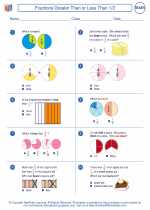
 Worksheet/Answer key
Worksheet/Answer key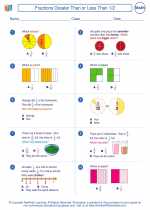
 Worksheet/Answer key
Worksheet/Answer key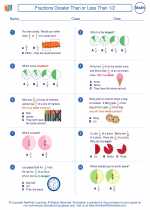
 Worksheet/Answer key
Worksheet/Answer key
 Worksheet/Answer key
Worksheet/Answer key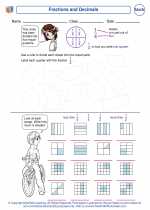
 Vocabulary/Answer key
Vocabulary/Answer key